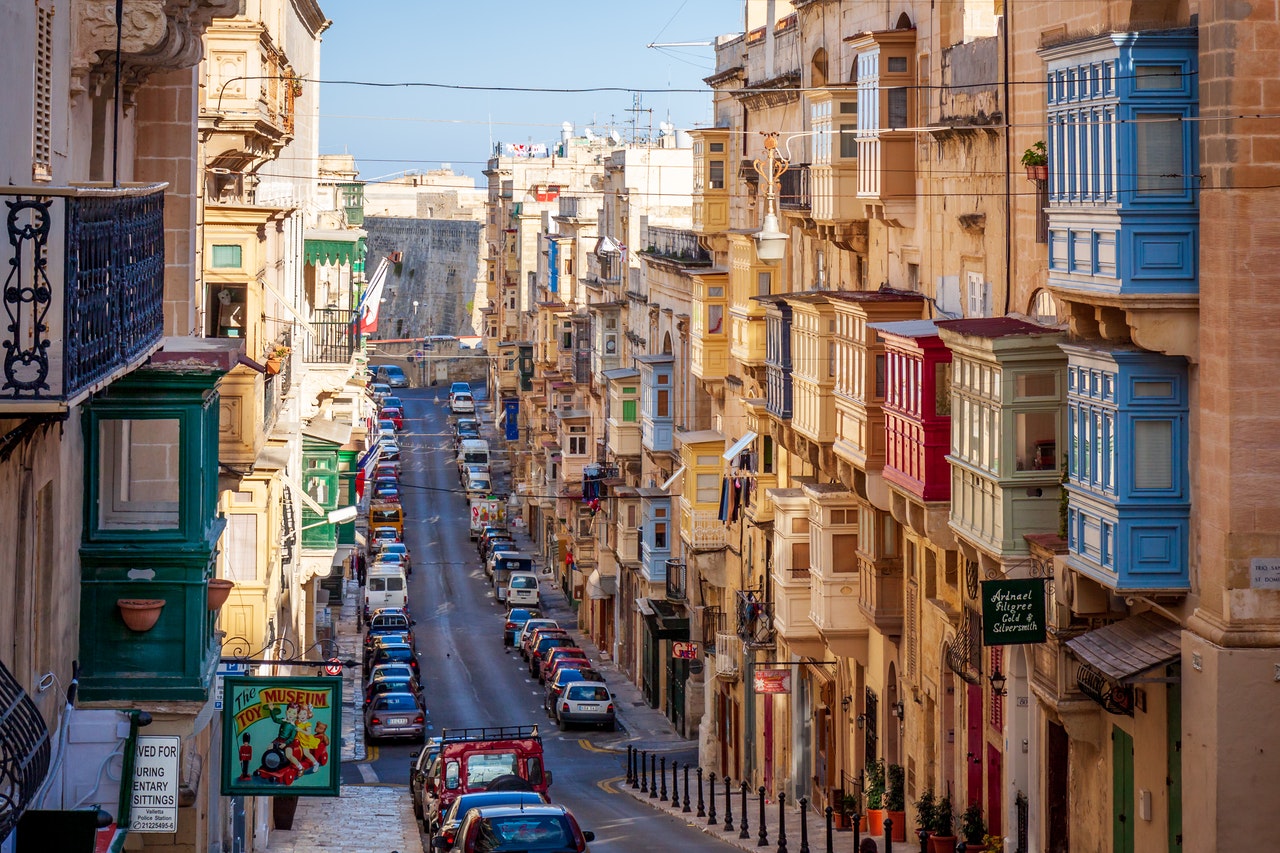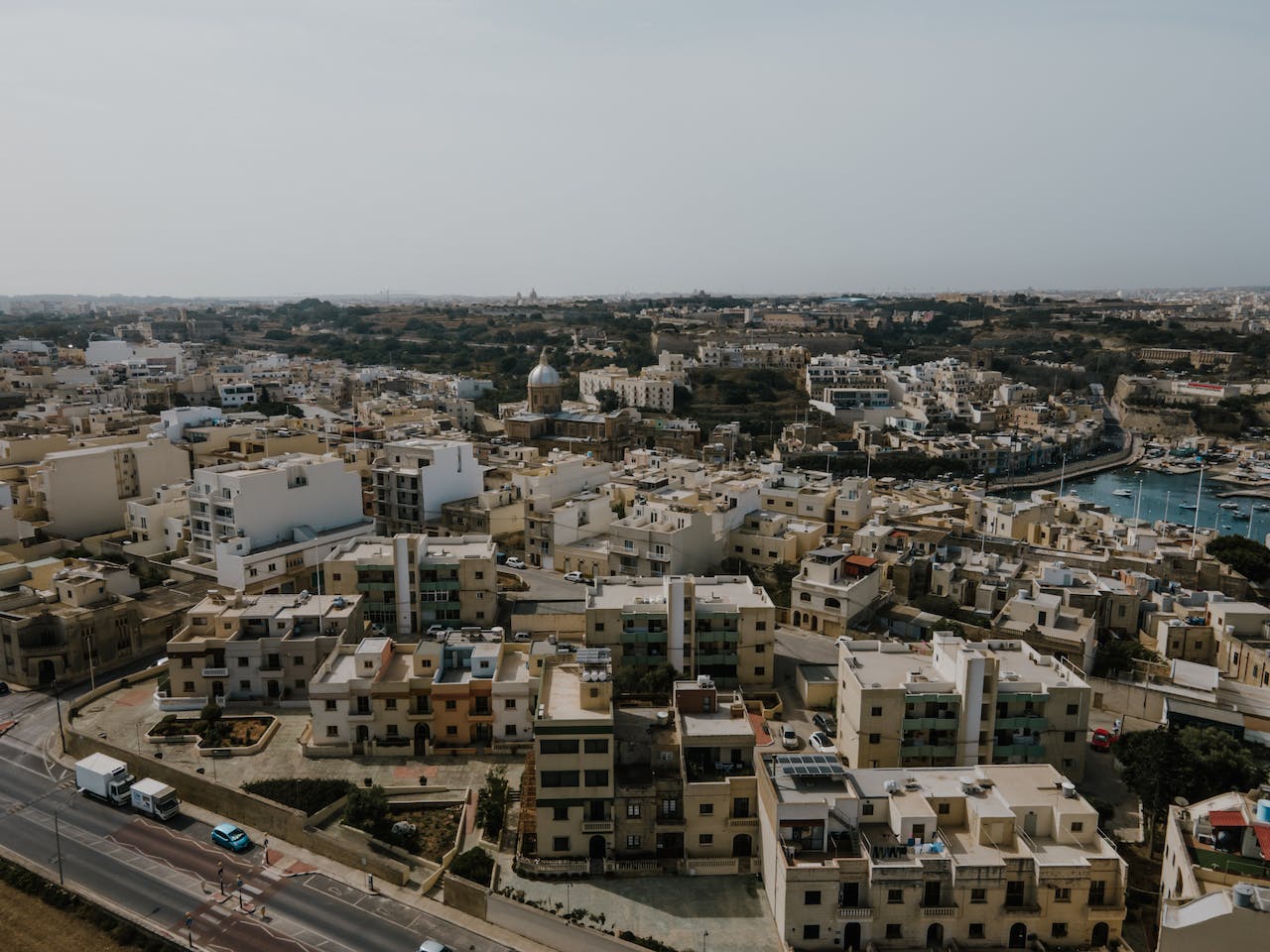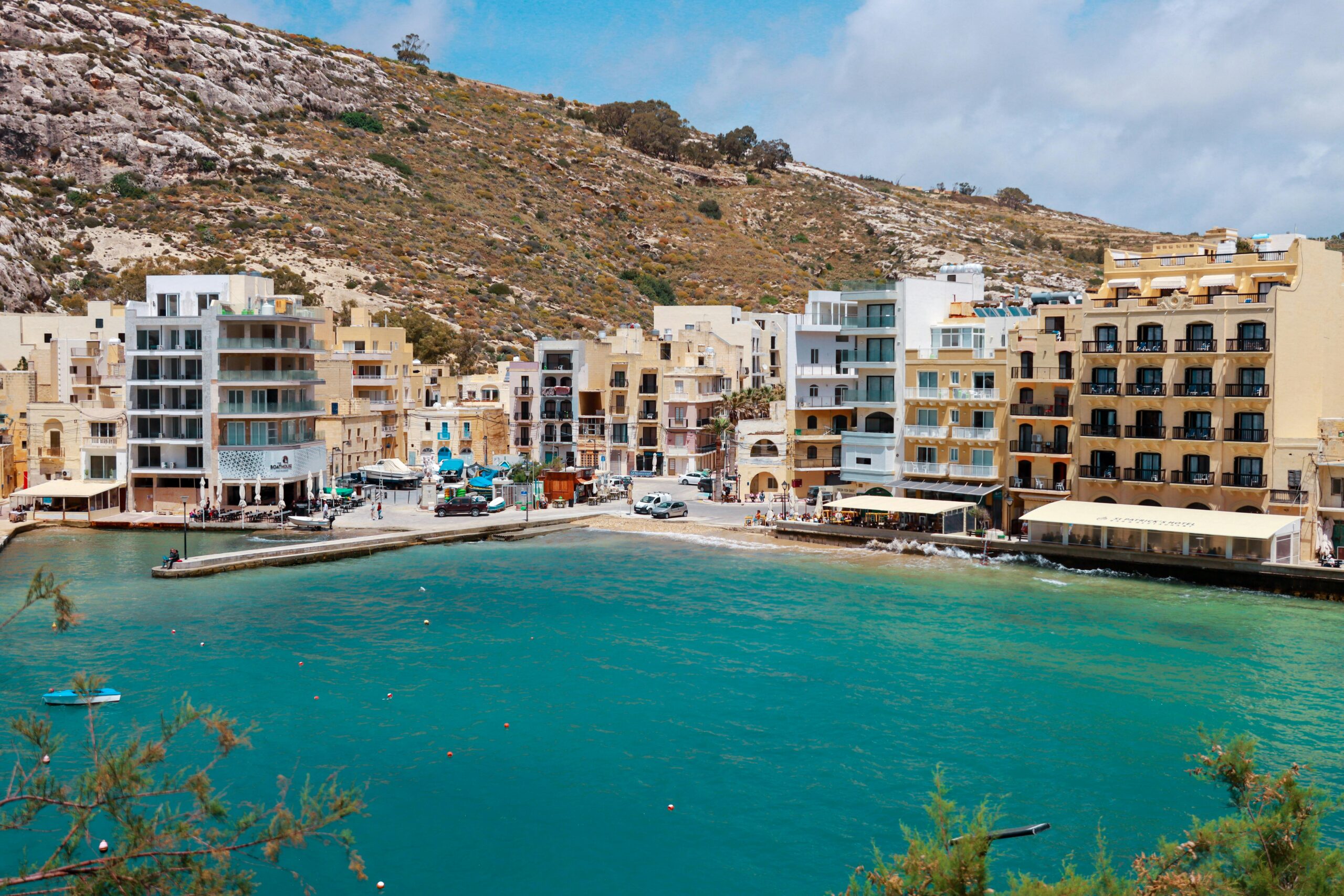Malta’s housing market prices remain stable, despite reports saying house prices are inflating around the world as a result of pandemic-related stimulus, low-interest rates and changes to buyer behaviour.
Speaking to BusinessNow.mt, Keith Galdies, CTO of real estate research firm Djar, acknowledged that as things stand, the change in the prices in Malta’s real estate market has not been as pronounced as it has been in other countries.
He pointed out that whilst the Maltese market has seen a major divergence in price trends for different types of property, overall listing prices are generally unchanged and the market in Malta doesn’t seem to be exhibiting any major changes.
Indeed, statistics from Djar show that by region, property in the majority of regions in Malta during 2020 changed by negligible amounts.
Properties in Gozo were the only to rise by a significant amount, climbing two per cent over the year, though this was dwarfed by the same figure for the year before — four per cent.
Property prices in the Southern Harbour increased by 0.3 per cent respectively in Q4 2020 as opposed to 2019, a major decline on the 2.5 per cent they rose by from 2018 to 2019.
Furthermore, in the areas where prices decreased, they did so by a similarly minor amount, with the sharpest decrease being recorded in the Northern Harbour region, where prices decreased 0.6 per cent.
However, according to Mr Galdies, this stability might be because Malta could be lagging behind in its housing trends.
Asked whether house prices might be affected by the delayed impact of the pandemic, he jokes that this is the “million-dollar question”.
“There are some signs that prices might be impacted in the future”, he said, pointing out the company’s research has shown that supply has majorly increased in 2020.
However, whilst this might indicate changes incoming changes, he emphasises that this is dependent on future developments such as the level at which demand returns in 2021.
Mr Galdies was speaking in light of a report by the Wall Street Journal (WSJ) on Sunday, which identifies a rise in residential real estate prices across the world, “from Amsterdam to Auckland” raising fears of possible housing market bubbles.
Globally, low-interest rates and major stimulus measures have “turbocharged” the housing markets of many nations worldwide.
In Malta, similar economic measures have been introduced to help prop up the housing market and the wider economy.
Subsequently, the housing market seems to have been shielded from the potentially ruinous impact of the pandemic.
In 2020, as reported by the Malta Developers Association (MDA), property sales generated €3 billion, matching the results obtained in 2019.
Indeed, promise of sale agreements actually increased in 2020, with 13,867 agreements registered, 624 more than were in 2019.
db Foundation raises €8,419 for Karl Vella Foundation with MasterChef Malta Charity Dinner
These events form part of the db Foundation's ongoing commitment to supporting vulnerable members of society through impactful initiatives
Residential property prices rise by 5.7% in first quarter of 2025
The new figures show continued growth in Malta’s property sector
Youth4Entrepreneurship Gozo 2025: Youth invited to propose innovative digital solutions
The initiative aims to empower youth to become active contributors to Gozo’s development by addressing local challenges






